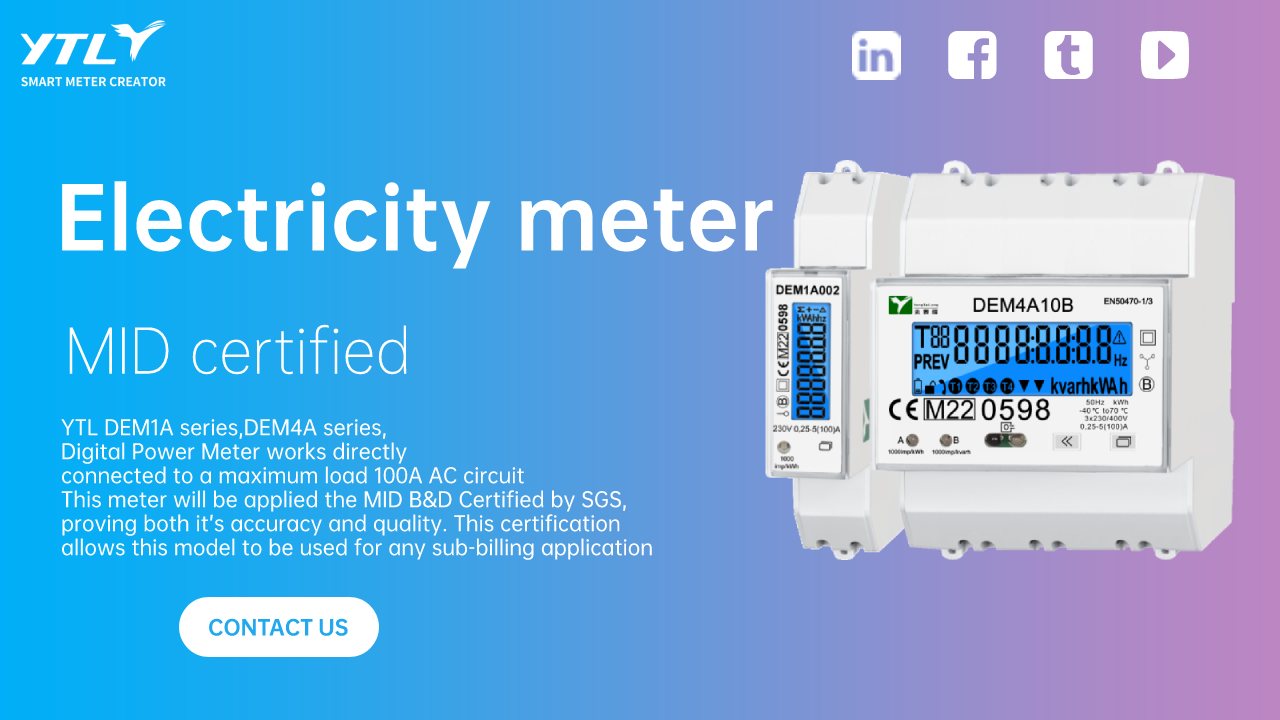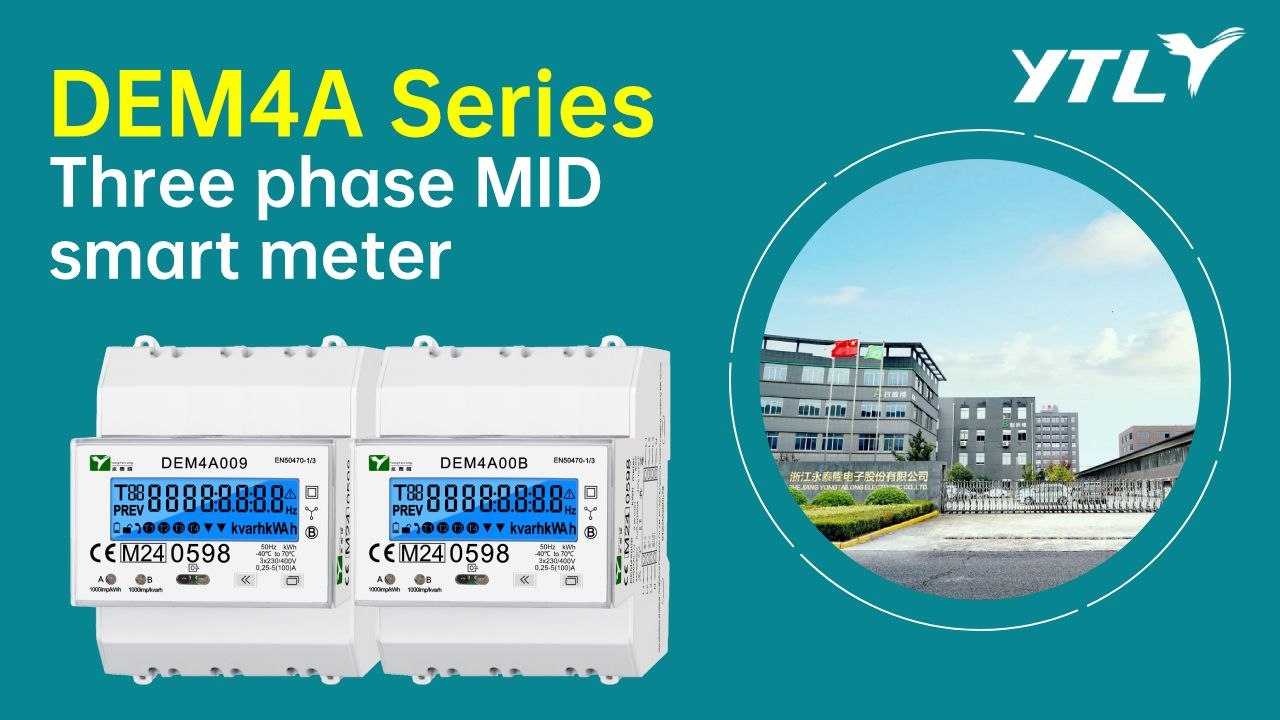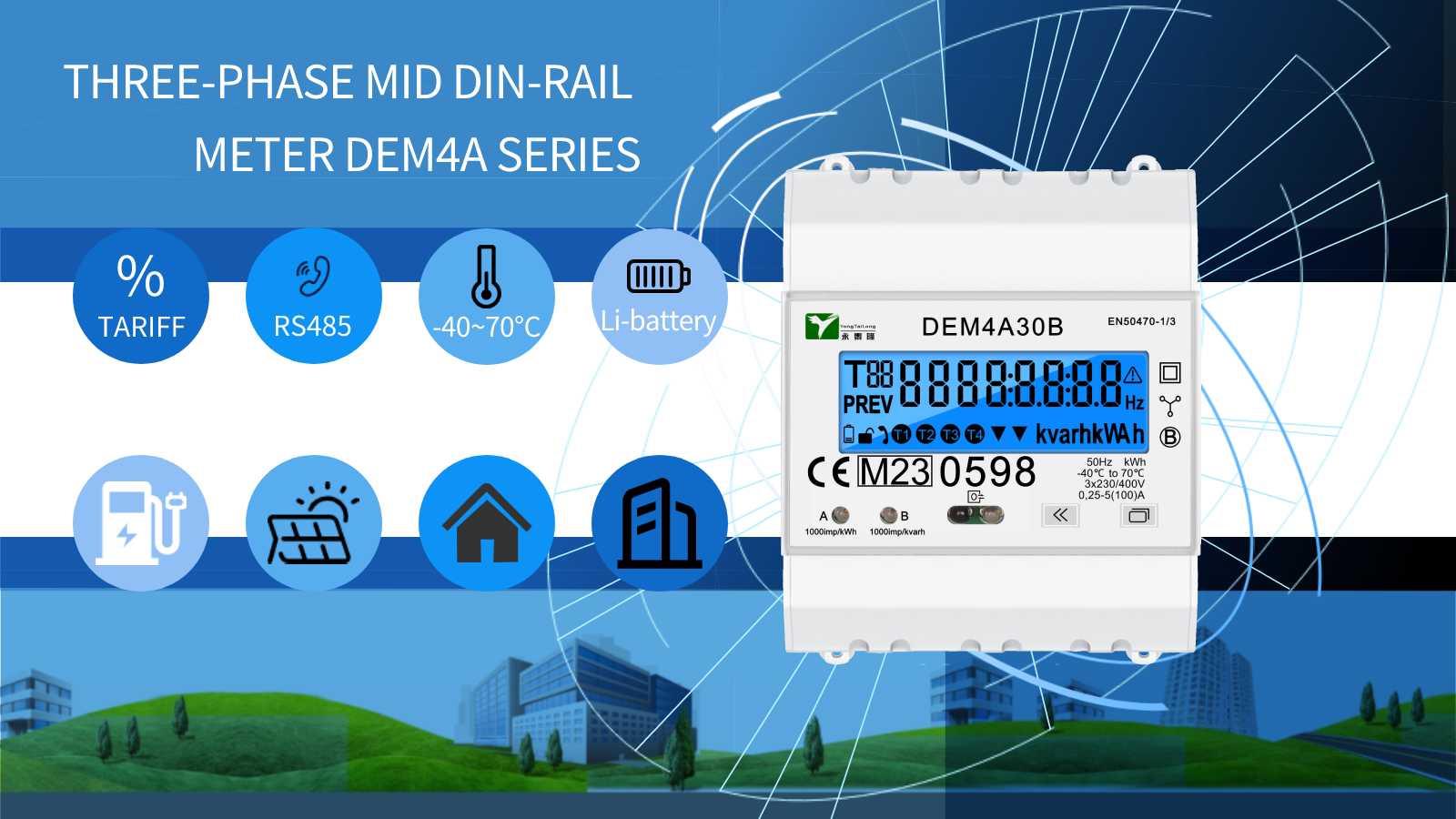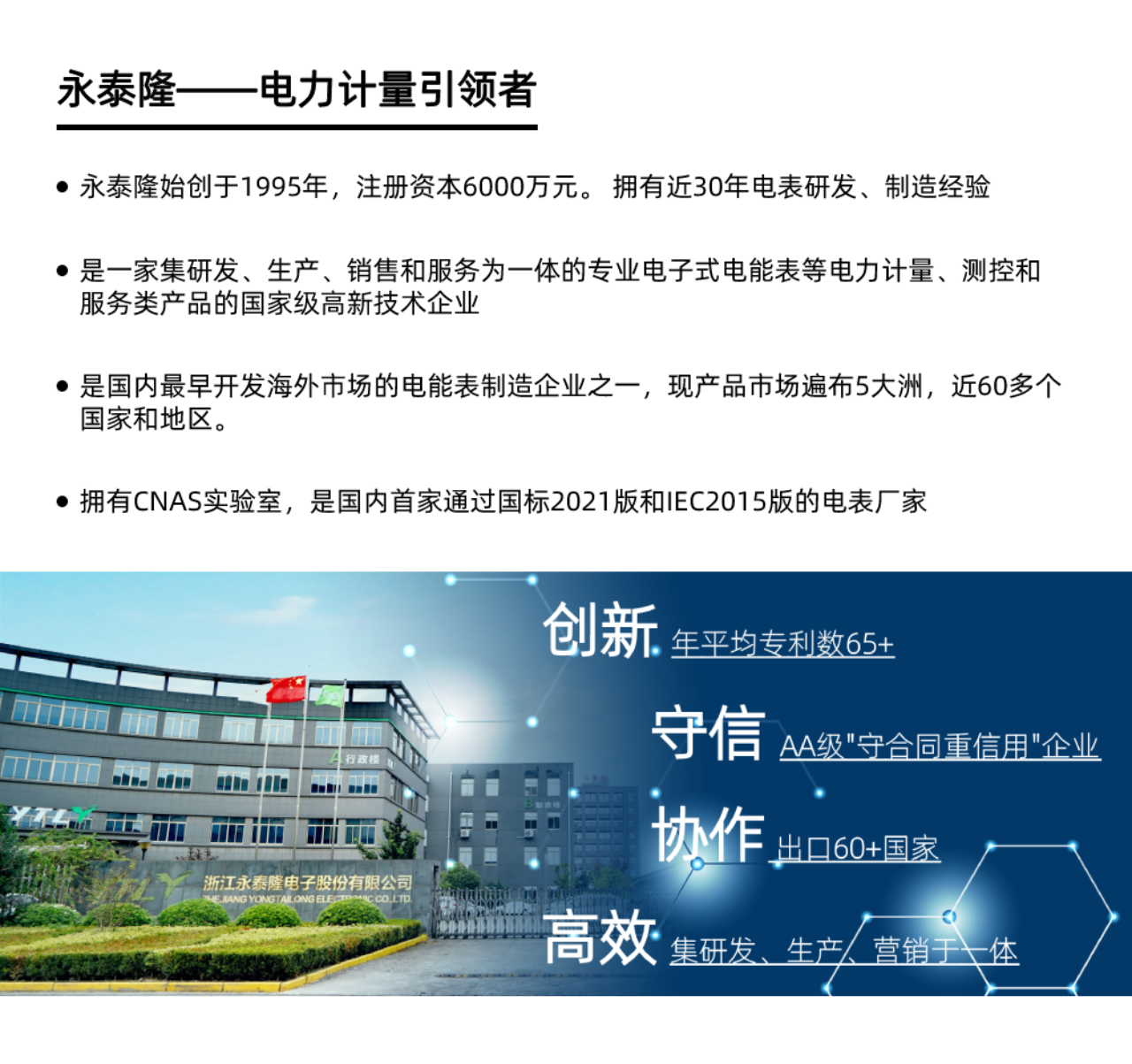In international electricity meter trade, mandatory certification system is the core rule to ensure measurement fairness and market access. Among them, the Measuring Instruments Directive (MID) of the European Union, as one of the stringent certification standards in the world, deeply influences the design, production, and export strategies of electric meters. This article will analyze the core logic of MID certification and its dual effects on enterprises from three dimensions: technical specifications, application scenarios, and industry impact.
1、 Technical framework for MID certification
MID certification is based on EU Directive 2014/32/EU and applies to all energy metering equipment involved in trade settlements, covering residential, commercial, and some industrial scenarios. Its technical system is built around three core principles:
Measurement accuracy full lifecycle guarantee
Require the electricity meter to maintain an error of no more than 0.5% even in environments (-40 ℃ to+70 ℃), electromagnetic interference (such as 10V/m RF field strength), and long-term use (simulating 10-year operation). Compared to Chinese CPA certification, MID's temperature adaptation range has been expanded by 60%, and the aging testing cycle has been extended by three times.
Software and hardware tamper proof design
At the hardware level, dual protection of physical sealing and electronic signature is required to prevent unauthorized disassembly or parameter modification; At the software level, it is required that the measurement core algorithm be solidified in an independent security module, and any functional upgrades must be re certified.
Traceability throughout the entire production process
Manufacturers must establish a complete quality file from component procurement to finished product testing, including supplier qualification certificates, batch testing reports, etc., to ensure that each device can be traced back to the original production data.
2、 Typical application scenarios of MID authentication
MID certified electricity meters are mainly used in the following fields:
Residential electricity metering
To meet the support of complex billing models such as time of use pricing and prepaid electricity in EU countries, it is necessary to be compatible with the EDMI (European Instrument Manufacturers Association) communication protocol.

Industrial and Commercial Energy Management
In scenarios such as factories and shopping malls, it is necessary to support advanced functions such as demand measurement and harmonic analysis, and pass the EMC immunity test (such as 4kV surge voltage impact) in MID Appendix B-D.
Renewable energy grid connection
Photovoltaic/wind power grid connected meters need to integrate DC metering modules and meet the special calibration requirements of MID for bidirectional energy metering, with an error threshold tightened to 0.2%.
3、 Analysis of the advantages and disadvantages of MID certification
Advantages: Technological upgrades and market access
Enhancing product competitiveness
MID certification forces companies to adopt high reliability components such as military grade capacitors and isolated power modules, increasing the mean time between failures (MTBF) of electricity meters from 10 years to over 15 years.
Open up the high-end market channel
Electricity meters certified with MID can enter the EU public procurement list, which accounts for over 55% of the total electricity meter procurement in Europe and has a profit margin 20% -30% higher than ordinary products.
Avoiding legal risks
EU member states impose strict penalties on electricity meters without MID markings, including product destruction, sales bans, and fines of up to 4% of annual revenue.
Challenge: Cost and Technical Barriers
Certification costs are high
The MID certification fee for a single model electricity meter is approximately 120000 to 180000 euros, including type testing, factory inspection, and annual supervision, which is often difficult for small and medium-sized enterprises to afford.
Extended R&D cycle
It takes 12-18 months from design finalization to obtaining the MID certificate, which is 2-3 times longer than the development cycle of non certified products and may miss the market window period.
Technical compatibility challenges
There are significant differences in the characteristics of power grids among EU countries (such as the 230V/50Hz three-phase system in the UK and the 400V three-phase system in France), which requires the development of multiple versions of hardware platforms and increases production costs.

4、 Response strategies and technological evolution
1. Modular design reduces compliance costs
Decompose the electricity meter into independent subsystems such as the metering core, communication module, and power unit. After the measurement core passes the MID certification, other modules can be replaced as needed (such as upgrading from 4G to LoRaWAN) to avoid duplicate certification of the entire machine.
2. Software compliance management
Adopting a dual partition architecture of "metering firmware+application firmware", the metering part is fixed and cannot be modified, while the application part (such as data communication protocol) supports remote upgrades, balancing functional iteration and authentication stability.
3. Forward looking technological reserves
Develop integrated sensors and blockchain certification technology in advance for areas that may be included in MID regulation in the future, such as electric vehicle charging pile metering and carbon footprint tracking, to seize the opportunity in standard setting.

5、 Future Trends and Industry Impact
Expansion of certification scope
In 2024, the European Union plans to extend the scope of MID application to virtual power plant (VPP) metering terminals, requiring support for real-time electricity price feedback and distributed energy settlement functions.
Green compliance overlay
Countries such as the Netherlands and Sweden are piloting the association between MID certification and carbon tariffs (CBAM), requiring electricity meter manufacturers to provide full lifecycle carbon emission reports to promote the low-carbon transformation of the industry chain.
Deepening regional mutual recognition
The mutual recognition negotiations between MID and Middle East GCC certification, as well as African SANS standards, have accelerated, reducing the cost of global layout for enterprises through the "one certification, multi zone access" mechanism.
conclusion
MID certification is both a technical barrier and a catalyst for industrial upgrading. For electricity meter companies, understanding their underlying logic - ensuring trade fairness through strict standards - is far more important than dealing with specific testing items. In the new era of intertwined energy digitization and global carbon governance, actively integrating into the international certification system will become a key springboard for enterprises to transform from "product export" to "technology output".


 English
English 简体中文
简体中文






.png?imageView2/2/w/500/h/500/format/png/q/100)







